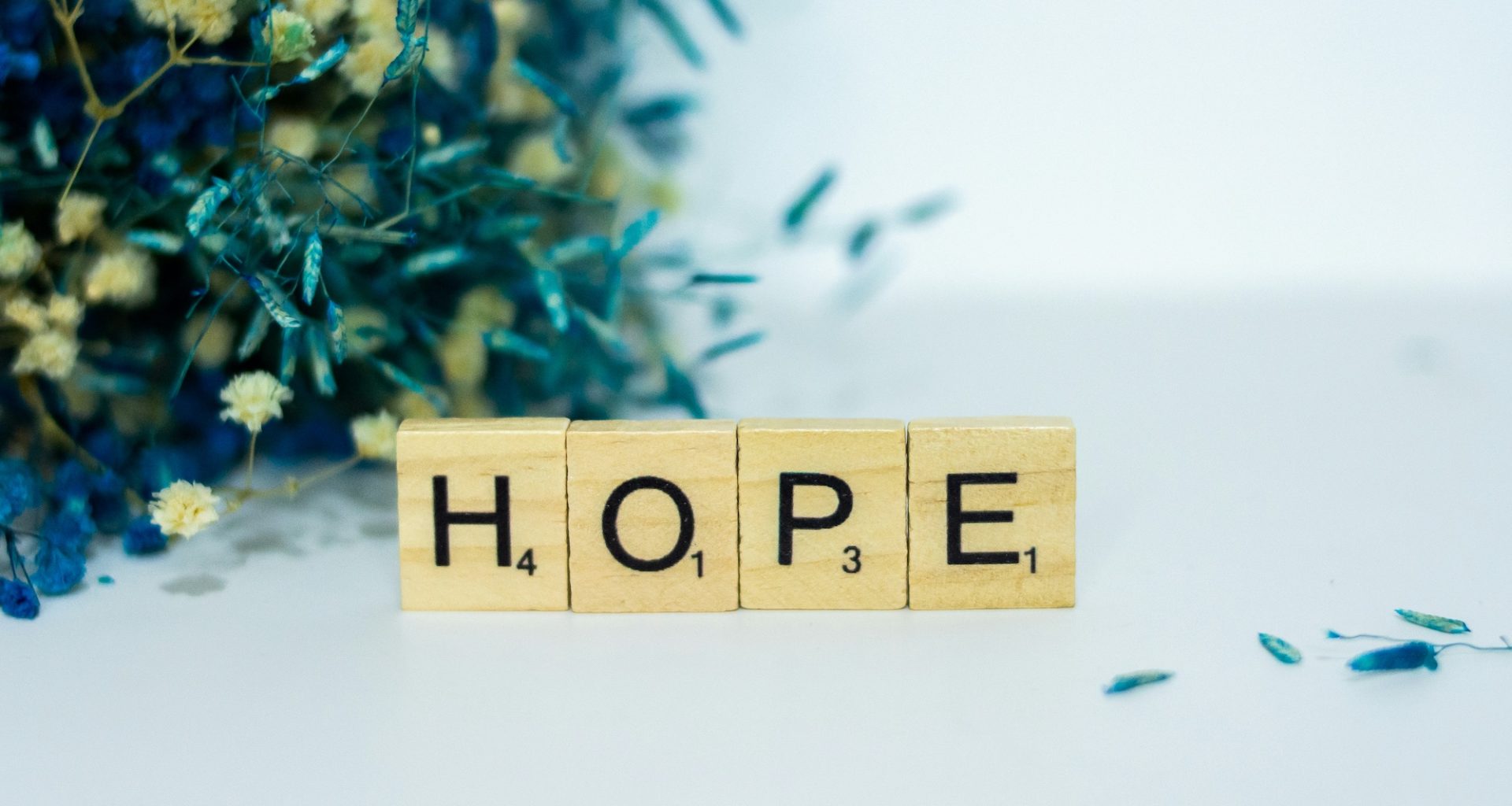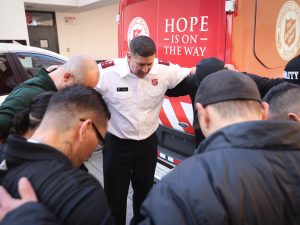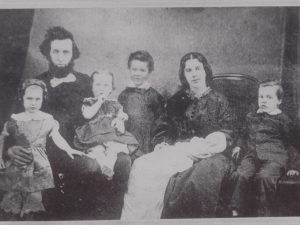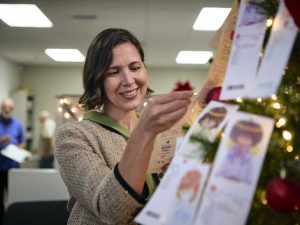A lot of people with hope for a better world let it end there.
Why is that?
You’re reading, so I know you’re one of The Hopefuls, someone who recognizes that hope is active—and you’re not afraid to take action, to spread goodness.
And what if making a difference doesn’t require anything extraordinary? What if hope is built not on heroic efforts but by countless everyday actions of seemingly normal people?
Their stories remind us that action begins with someone taking that initial step.
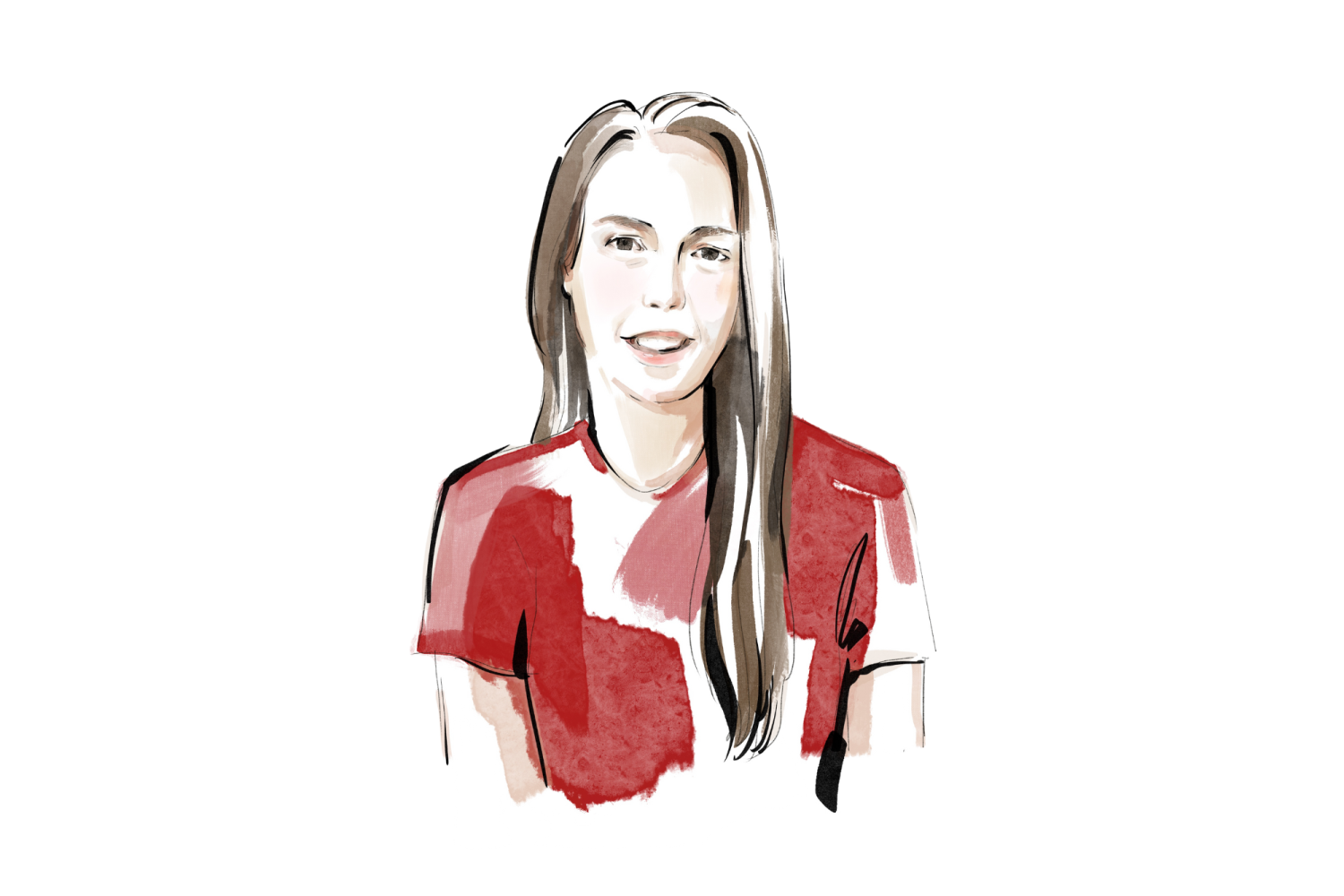
Kandie Spaet: Finding purpose in food security
In Yakima, Washington, Kandie Spaet first came to The Salvation Army through a local job placement program. For months, she worked 20 hours a week at the Yakima Corps helping in the food pantry.
“This lady came in and she had two kids that somebody just left with her,” Spaet said of the moment she realized she was directly involved in fighting hunger in the community. “She just touched my heart so much coming through the food bank because she didn’t have help from anywhere else, and the food bank really mattered to her.”
Now, as a volunteer, Spaet helps people navigate the food pantry, with personalized shopping trips allowing each individual to select their items. Some 80 people who come each day include those experiencing homelessness, families with children and others facing food insecurity.
“It’s just nice to see how much they’re thankful,” she said. “Even if it’s not a lot, it really helps.”
Spaet said being a volunteer is not as hard—or boring—as most people think.
“A lot of people think you go in there and you don’t really do anything…desk work or something, but you go in and everybody’s nice and they show you how to do stuff,” she said. “I have a bunch of kids myself, so I know how much it really helps impact the community.”
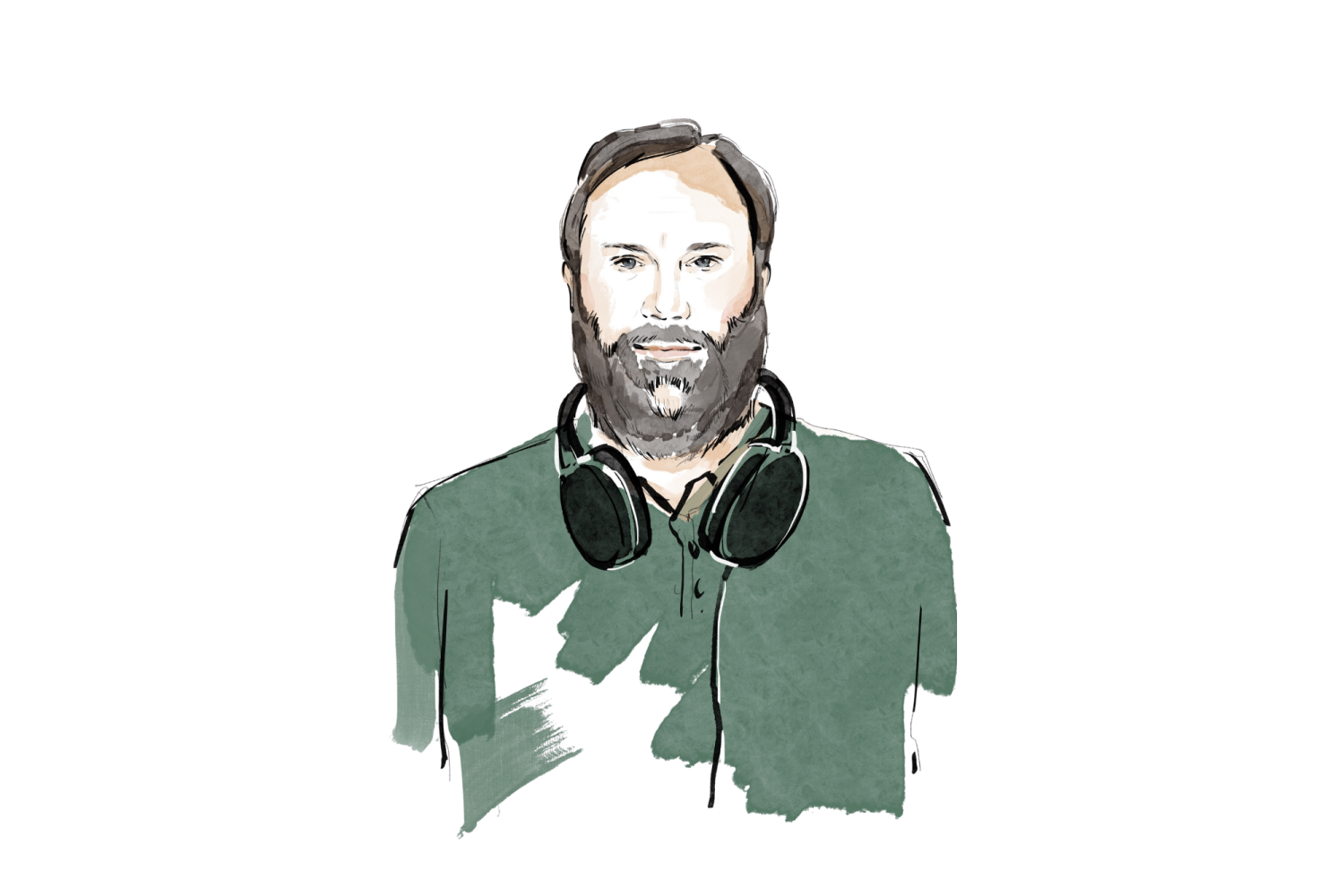
Peter Parks: Radio lifeline in disaster
About an hour north of the Golden Gate Bridge, Petaluma, California, is usually peaceful. That is until an earthquake disrupts routines, steeling everyone for the “big one” they’ve whispered about for generations—or a fire erupts.
When the Tubbs Fire burned in 2017, it was California’s worst natural disaster at the time—and it showcased just how important ham radios were to the community.
Several cell towers burned, which meant cellular-based communications—used by emergency personnel and regular people alike—wouldn’t work. Ham radios, on the other hand, worked just fine.
Using the same radio frequencies that made this form of communication revolutionary in the 20th century, Peter Parks assisted emergency services—including The Salvation Army Emergency/Disaster Services—and neighbors in real-time.
“In an emergency, you can’t do things the way you’ve always done them,” Parks said. “It’s important to plan ahead and prepare, and a ham radio is a reliable way to do that.”
Today, Parks and co-operator Tony Kamby routinely practice for an inevitable need. Sometimes it’s a quick check-in of the dedicated ham radio room inside The Salvation Army building, other times it’s drills with the police and fire departments.
“We’re always tinkering with things, testing and training,” Kamby said. “When we do have another disaster, the familiar thing will be our ham radios.”
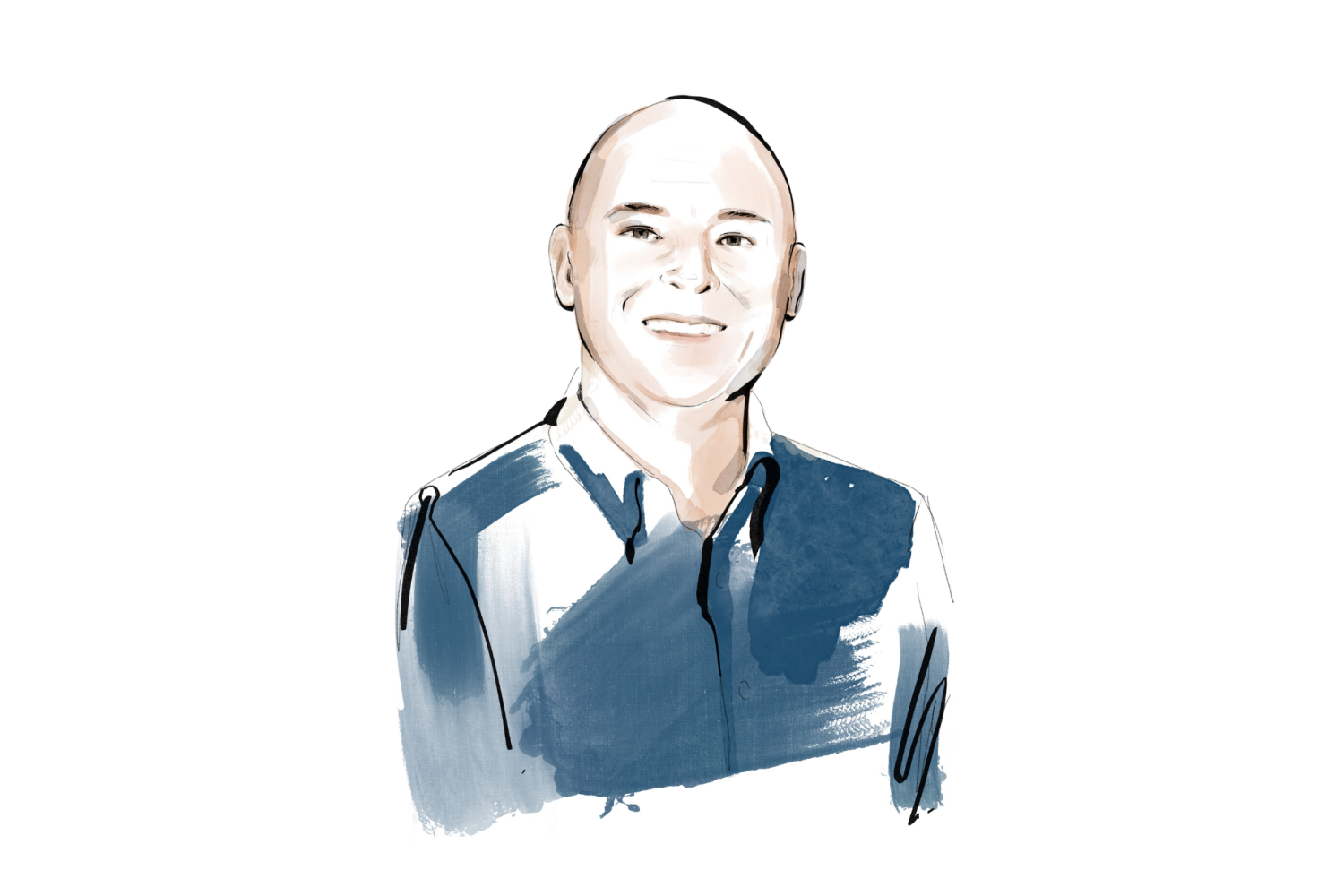
Atticus Firey: Redefining success through service
After experiencing homelessness as a teenager, Atticus Firey decided achieving success was essential for escaping his circumstances and building a brighter future.
He began his first venture—selling vacuums door-to-door across South Los Angeles. One thing led to another, and some 15 years later, he appeared to have it all: financial stability from business ventures in music, entertainment, technology and consumer goods, along with the opportunity to retire at age 34 after managing and selling successful businesses.
But despite his success, he felt unfulfilled and turned to various substances in an attempt to fill the void.
Then in August 2022, at 51, Firey checked himself into The Salvation Army Anaheim Adult Rehabilitation Center (ARC), where he completed a six-month residential recovery program in search of a different path.
He described the program as transformational and crucial in restoring his relationship with God by introducing him to the 12-steps of recovery and helping him understand his life through Scripture.
“Matthew 7:24-27 talks about a man who builds his house on rock versus one who builds it on sand,” he said. “In retrospect, I realized when the storm came, my house was built on sand, not rock.”
Through spiritual guidance, counseling, life skills training and support groups, Firey credits the ARC as a tool God used to show him that recovery and healing are possible.
Firey now serves as the Director of Donations Management for the Adult Rehabilitation Centers Command.
“By generating these resources and building collaborations, I can benefit multiple ARCs and help even more people,” he said. “It’s a purpose I never would have imagined…It’s about serving and caring for others and that’s my life now.”
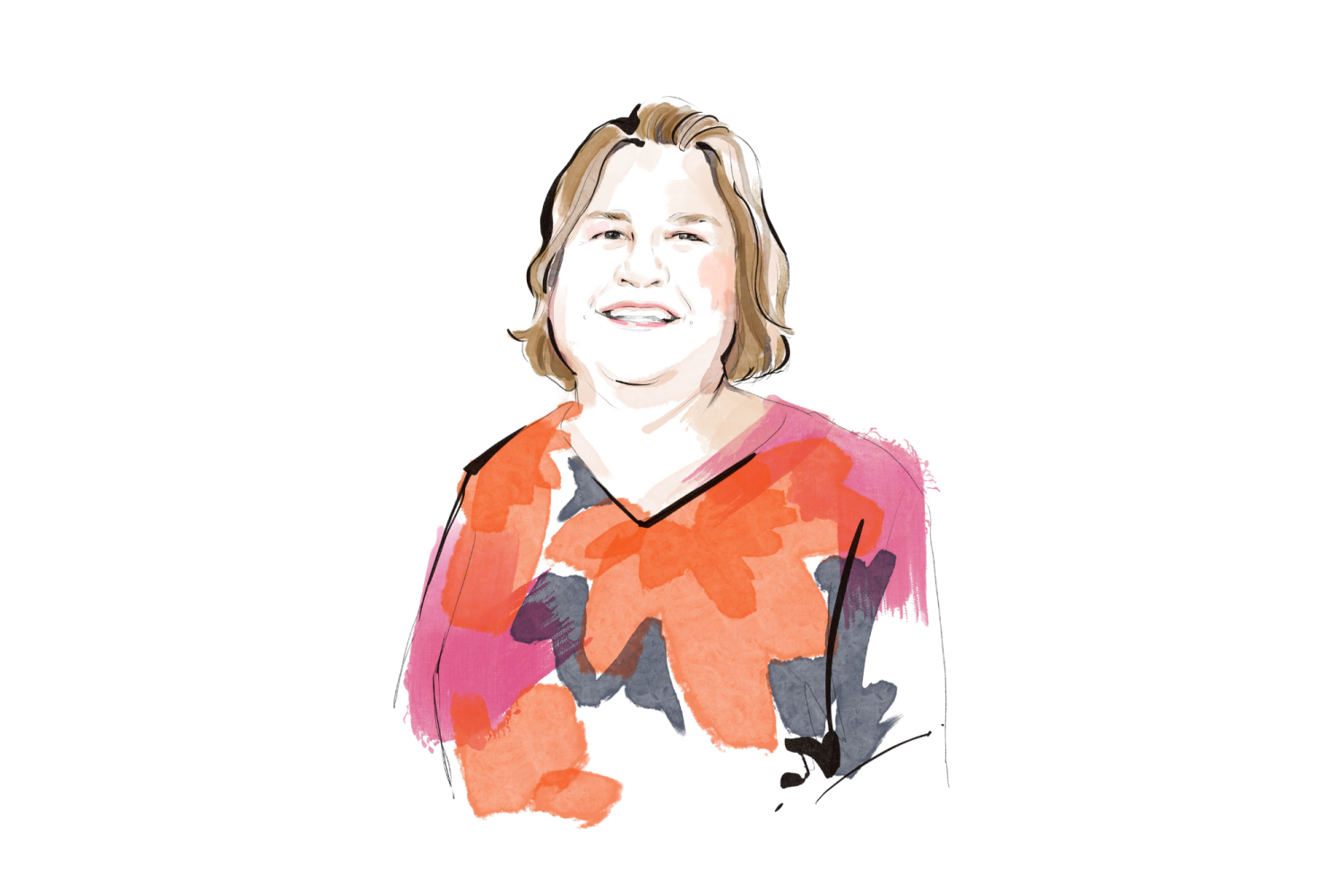
Katherine Mead: The ‘backbone’ of Cordova
At The Salvation Army Cordova (Alaska) Extension Unit, volunteers run the entire operation, supporting the community that ebbs between 2,000-5,000, depending on if it’s summer, when many take seasonal fishing-related jobs, or not.
“We try to be good neighbors,” said Volunteer Coordinator Katherine Mead, a volunteer herself. “I just have the keys to the building.”
Mead organizes The Salvation Army’s efforts in Cordova, largely focusing on the tasks associated with the monthly food distribution that serves some 30-60 families. It hasn’t gone unnoticed; Mead was among a group of seven individuals recognized by Alaska First Lady Rose Dunleavy’s Volunteer Award in 2024.
Mead stepped into the role in early 2020, just before the pandemic dramatically increased need for local families. She began delivering food bags to seniors and expanded programs to include Angel Tree at Christmastime, providing gifts for children in need, along with participating in The Salvation Army’s Red Kettle campaign, which raises funds for the community.
“It’s really expensive to live in Cordova because…you have the normal expenses but then they tack on shipping,” Mead said, adding that a head of cabbage—a staple of some recipes favored by food pantry recipients—retails for $14.
Mead said volunteering is part of carrying out the Great Commission—by meeting basic needs, recipients might be receptive to a spiritual message.
“I truly believe that if you’re in a position where you can help out somebody else, then we should,” she said. “Of course, you have to have boundaries and lines but everybody needs a helping hand. I needed a helping hand when I was a young adult and I got a helping hand.”
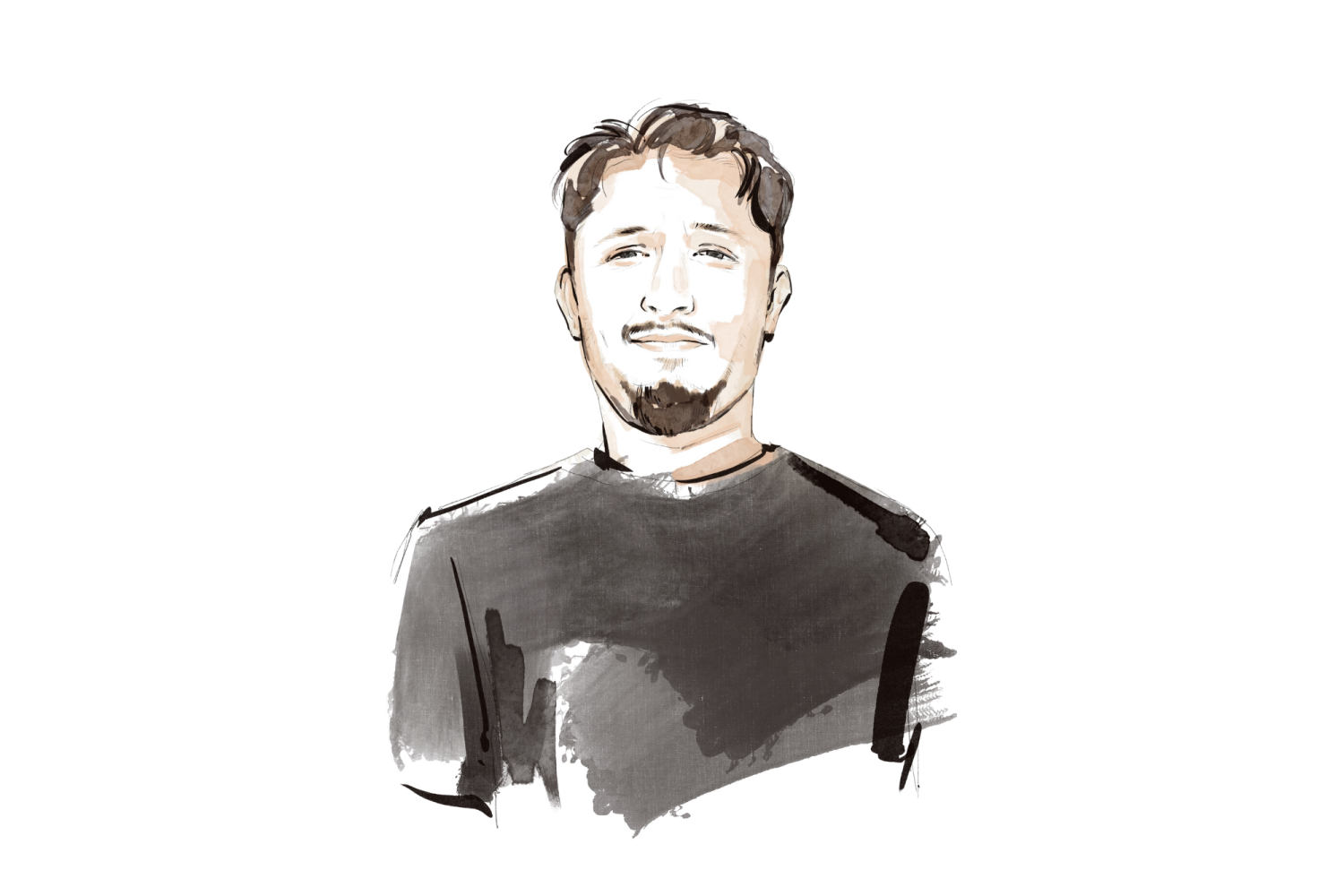
Jose Puga: Reaching out with hope
As dawn breaks over Santa Monica, Salvation Army outreach workers take to the streets alongside the Santa Monica Police Department (SMPD) to engage with individuals experiencing homelessness.
“As the Hope Team, we join to tell them about alternative options to sleeping on the streets,” said Jose Puga, member of the Hope Team, which operates as part of the Homeless Liaison Program with the SMPD focused on relationship building, networking, outreach, education and enforcement.
What sets Puga apart is his personal experience—having graduated from Santa Monica’s Adult Rehabilitation Center, he knows firsthand the struggles of substance abuse.
“We make connections with people because we can understand their perspective,” Puga said. “We just tell them, ‘I’ve been in your shoes before; I understand how you may be feeling.’”
If someone isn’t interested in further case management, the Hope Team invites them to the corps’ hot meal program.
“We’ve found that, at the very least, people are willing to join our feeding program,” Puga said. “This gives us ongoing opportunities to engage.”
He tells people it’s not too late to grow or break patterns, and he’s willing to offer support.
“We’ll make hundreds of calls to ensure someone gets the assistance they need,” he said. “Even if someone is at their rock bottom, there’s always a way to get back up and find a different path.”
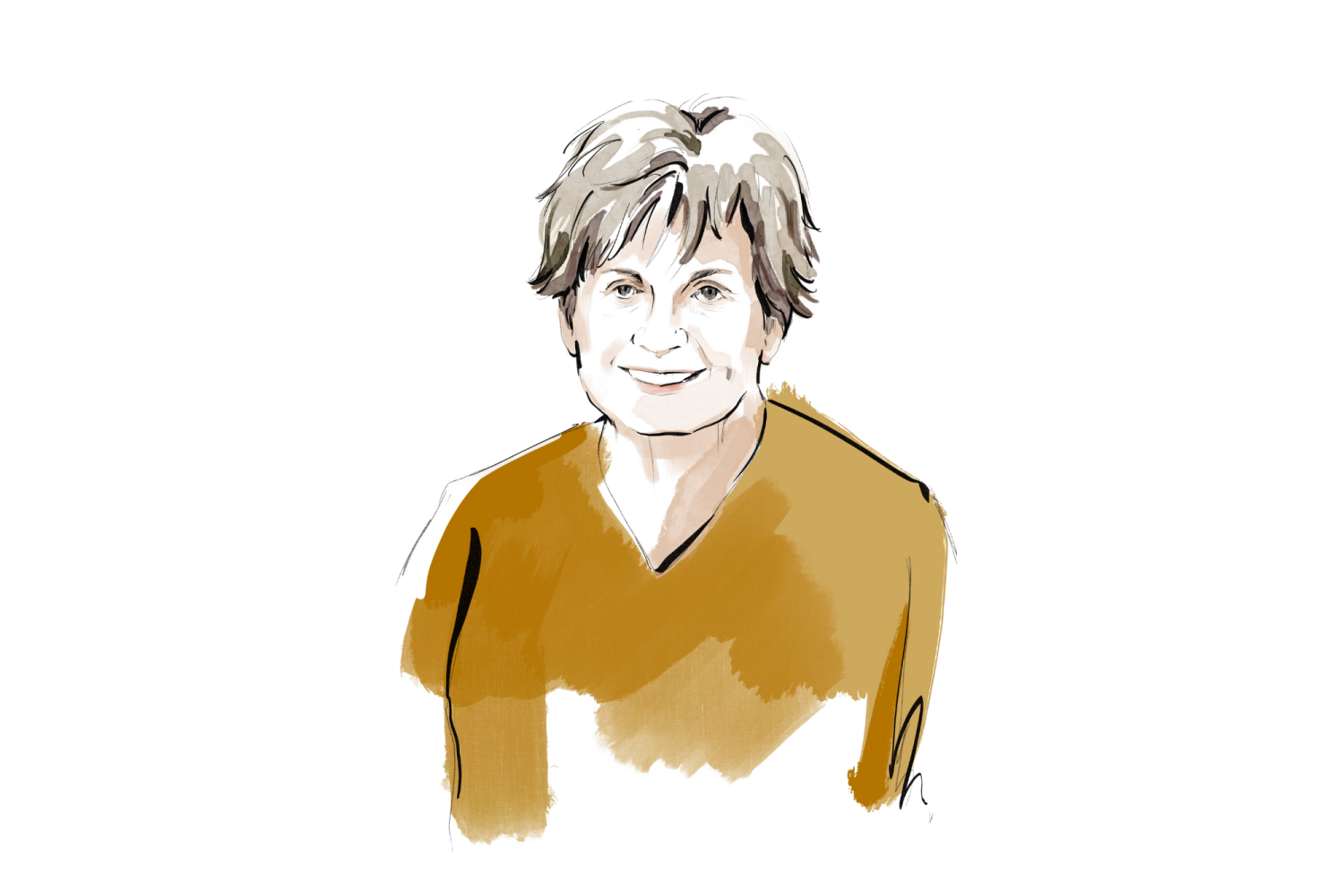
Brenda Mallindine: Delivering Dog Day healing
Every third Wednesday, “Dog Day,” GO TEAM Therapy Dogs and their handlers visit students of Cardinal Academy, a charter high school for pregnant and parenting youth, in partnership with and on-site of The Salvation Army Boise (Idaho) Corps’ Booth Program.
The Booth Program, which provides wrap-around services for the students, coordinates the visits as a de-stressor for everyone.
About six dogs and their handlers visit with students and staff. Some of the teams are regulars, like Brenda Mallindine, who visits with Buster, a 5-year-old Bouvier des Flandres/Bernedoodle mix.
“I remember when I was in high school—you’ve got a lot going on, trying to figure out what you’re going to do, who you are, who you want to be,” Mallindine said. “There’s nothing more grounding than getting on the ground or on the floor with the dog and petting them and feeling that connection. Whether you’re a student or whoever, that kind of puts everything back in perspective.”
Mallindine said she’s watched students graduate and babies become toddlers in her years of consistent visits.
“We get to interact with the babies, and we get to interact with students and the staff…It’s a special place in a lot of women’s hearts, because these young couples are having babies so early in life, and we just want to support them as much as possible.”
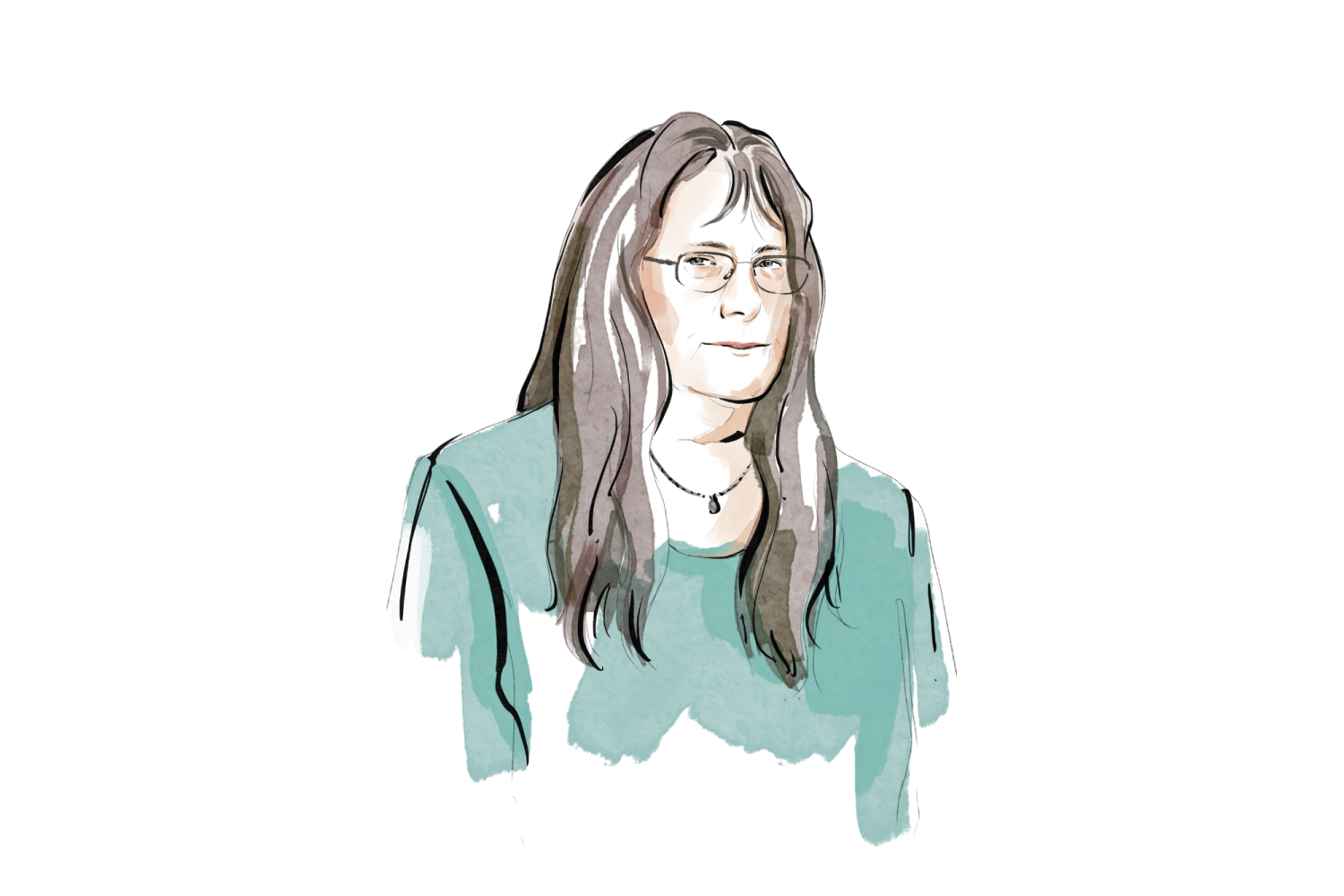
Donna Erlandson: Creating space for all abilities
In Anacortes, Washington, Advisory Board Chair Donna Erlandson has helped make The Salvation Army an inclusive place for adults with intellectual disabilities.
“It’s just showing them they’re cared-about members of our community,” Erlandson said. “We’re here to help them, love them and show them how important they are and what they’re capable of.”
The corps partnered with Cascadia Clubhouse, a nonprofit supporting adults with developmental disabilities. Together, they host a weekly respite center offering drop-in, unstructured free time. Participants can attend independently on Fridays throughout the day, without needing a caretaker or parent present. Monthly Life Skills Club sessions are further designed to help attendees build specific skills for everyday tasks.
“My daughter has a disability,” Erlandson said. “When she was a child, we didn’t know what to do or what resources were available, so we navigated that journey alone and learned a lot. Now, I support others wherever they are on that journey.”
Erlandson supports participants with transportation to and from the corps and helps reinforce their learning. In recognition of her dedication, Erlandson and her husband, Doug Erlandson, received The Salvation Army William Booth Award for their support of those with disabilities in Anacortes.
“It’s not work; it’s just inclusion,” Erlandson said. “It’s a matter of making sure individuals with disabilities are welcomed into our community with open arms and given opportunities to contribute and thrive.”
Do Good:
- Are you best suited to Do Good in disaster relief? Mental health? Social justice? Take our What’s Your Cause quiz and discover where you can make the biggest impact today.








